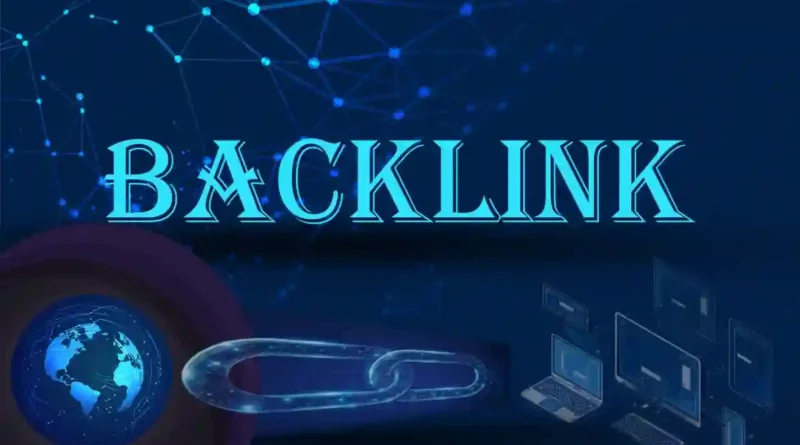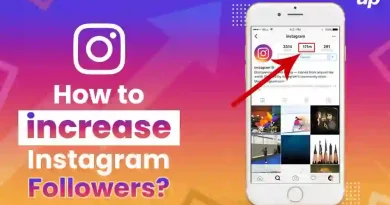Understanding the Psychology of Effective Backlink Outreach
In the intricate world of search engine optimization (SEO), building a robust backlink profile is a critical aspect of improving a website’s visibility and authority. While the technicalities of backlink building are crucial, the human element cannot be overlooked. Successful backlink outreach involves understanding the psychology of the individuals behind the websites you’re reaching out to. In this article, we will delve into the nuances of effective backlink outreach, exploring the psychological principles that can elevate your outreach strategy.
1. Personalization Builds Connections:
The cornerstone of effective backlink outreach is personalization. Sending generic and impersonal outreach emails is unlikely to capture the attention of busy website owners or content managers. Instead, take the time to research the target website, understand its content, and tailor your outreach message accordingly. Personalization creates a connection and demonstrates that you’ve invested effort in understanding and appreciating their work.
2. Reciprocity and Value Exchange:
The principle of reciprocity is a powerful force in human psychology. When reaching out for a backlink, consider what value you can offer in return. It could be in the form of high-quality content, a reciprocal link, or promoting their content on your channels. Demonstrating a willingness to contribute and engage in a value exchange increases the likelihood of a positive response.
3. Building Trust Through Credibility:
Trust is a fundamental element of any successful outreach strategy. Establishing credibility is crucial for persuading website owners to link to your content. Clearly communicate your expertise, showcase relevant achievements, and provide evidence of your industry knowledge. Trustworthy and credible outreach messages are more likely to be well-received and acted upon.
4. Understanding Their Audience:
When reaching out for backlinks, it’s essential to show an understanding of the target website’s audience. Highlight how your content aligns with their readership’s interests and needs. Clearly articulate the mutual benefit of the proposed link, emphasizing how it adds value to their audience. This demonstrates a genuine interest in contributing to the target website’s goals.
5. Appealing to Ego:
People appreciate recognition and validation. In your outreach, acknowledge the target website’s achievements, notable content, or industry influence. This subtle form of flattery can appeal to the ego of the website owner or content manager, making them more receptive to your outreach. However, it’s crucial to ensure that your praise is genuine and specific.
6. Timing and Relevance Matter:
The timing of your outreach can significantly impact its effectiveness. Understand the content calendar and publishing schedule of the target website. Align your outreach with topics or events relevant to their audience. A well-timed and relevant outreach message is more likely to resonate and garner attention.
7. Storytelling for Engagement:
Human beings are naturally drawn to stories. Crafting a compelling narrative around your content can enhance the effectiveness of your outreach. Share the story behind your content—what inspired it, the problem it solves, or the unique angle it offers. Engaging storytelling not only captures attention but also makes your outreach more memorable.
8. Acknowledging Their Expertise:
Website owners and content creators appreciate being recognized for their expertise. In your outreach, acknowledge their authority in the industry and express how your content complements or expands upon their insights. Demonstrating a genuine appreciation for their expertise fosters a positive rapport and increases the likelihood of collaboration.
9. Clear and Actionable Requests:
Ambiguity in outreach messages can lead to confusion and a lack of response. Clearly articulate your request for a backlink, specifying the exact location within your content where you believe the link would be valuable. Provide all the necessary information, making it easy for the recipient to understand and act upon your request.
10. Leveraging Social Proof:
Social proof, such as testimonials, positive reviews, or mentions from reputable sources, can enhance the persuasiveness of your outreach. If your content has received recognition or praise, share this information in a humble and non-bragging manner. Social proof serves as a form of validation and can positively influence the decision-making process.
11. Expressing Gratitude:
Gratitude is a powerful motivator. Express sincere appreciation for the recipient’s time and consideration in your outreach messages. A simple thank-you can set a positive tone and leave a favorable impression. Gratitude creates a sense of reciprocity and can contribute to a more collaborative and amicable relationship.
12. Follow-Up with Persistence and Politeness:
Effective outreach often requires persistence, but it should be coupled with politeness. If you don’t receive a response to your initial outreach, consider sending a follow-up message. However, be respectful of the recipient’s time and avoid being pushy. A well-crafted follow-up can serve as a gentle reminder and may prompt a response.
Conclusion:
Effective backlink outreach goes beyond automated emails and generic requests. It involves understanding the psychology of the individuals you’re reaching out to and tailoring your messages to resonate with their motivations and preferences. By incorporating personalization, reciprocity, and a deep understanding of your target’s interests, you can elevate your outreach strategy. Building trust, appealing to ego, and expressing gratitude contribute to fostering positive relationships that extend beyond a single backlink request. In the dynamic realm of SEO, where human connections matter as much as technical proficiency, mastering the psychology of effective backlink outreach is a key to success.




